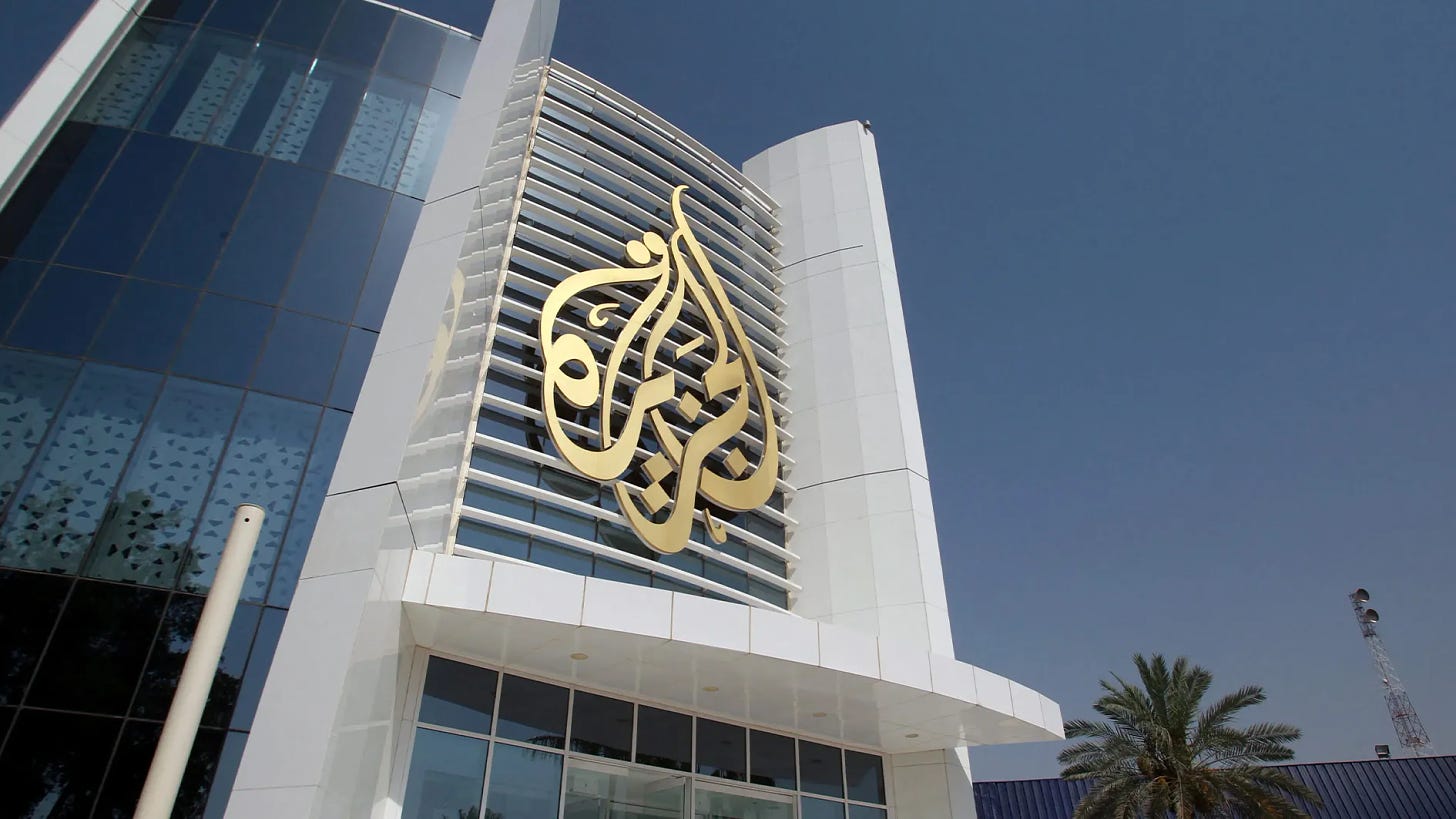In a move widely condemned as an assault on press freedom, Israel has forcibly shut down Al Jazeera's operations within its borders. The government, led by Prime Minister Benjamin Netanyahu, accuses the Qatar-based network of relentlessly promoting anti-Israeli sentiment and even acting as a mouthpiece for Hamas. This shutdown comes as a dangerous escalation in Israel's conflict-driven effort to control information during the ongoing Gaza War, raising global concerns over transparency and media suppression.
The decision was swift and brutal. Hours after Netanyahu's announcement, Israeli police stormed Al Jazeera's offices, a scene condemned by the Committee to Protect Journalists (CPJ) as "deeply disturbing." The communications minister chillingly declared that Al Jazeera's broadcasts would be blocked on all satellite and cable platforms. While the network's reports might still echo through social media, its powerful voice has been largely silenced within Israel.
This isn't a sudden rupture; animosity between Israel and Al Jazeera has festered for years. Israel has long accused the network of bias, anger that boiled over with the killing of Al Jazeera journalist Shireen Abu Akleh in the occupied territories. The Israeli government's refusal to fully investigate her death sparked international outcry.
Netanyahu's critics see this as a dangerous overreach – another strike against free speech in a nation already under fire for his attempts to weaken the judiciary. Israel is now a country where protests rage against government power while a major source of unfiltered news is ruthlessly eliminated.
"This is a dark day for media freedom," said Sherif Mansour, CPJ's Middle East and North Africa program coordinator. "Israeli authorities should reverse this decision and allow Al Jazeera and all journalists to operate in the country and the occupied Palestinian territories freely."
The Gaza War desperately needs independent reporting. Al Jazeera had been one of the few international outlets consistently on the ground, providing vital coverage amidst the violence. Its silencing deprives the world of crucial first-hand accounts, potentially skewing the narrative of this devastating war.




